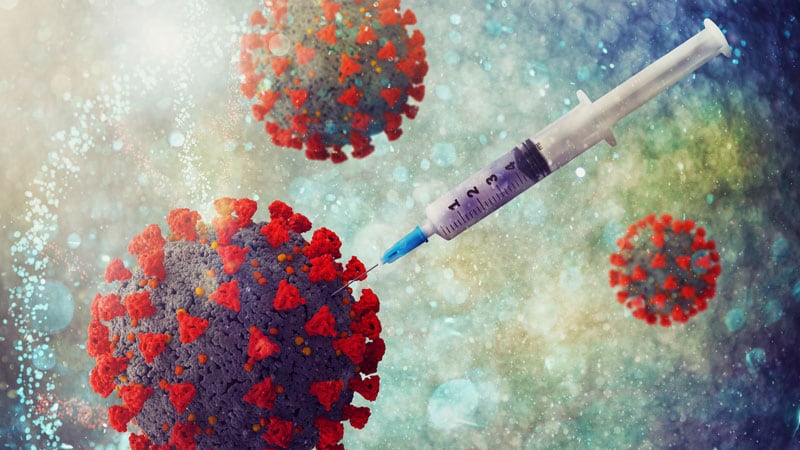Editor’s note: Find the latest COVID-19 news and guidance in Medscape’s Coronavirus Resource Center.
Vaccination against COVID-19 reduces the risk of developing long COVID and improves long COVID symptoms among those who were unvaccinated when infected, according to a new comprehensive review by the U.K. Health Security Agency.
The review includes data from 15 U.K. and international studies, with seven studies examining whether COVID-19 vaccination before infection protects against developing long COVID and seven studies looking at the impact of vaccination among people who already had long COVID. One study examined both.
In six studies, those who received one or two vaccine doses before coronavirus infection were less likely to develop symptoms of long COVID after infection.
In two studies, fully vaccinated people were less likely than unvaccinated people to develop medium- or long-term symptoms such as fatigue, headache, weakness in the arms and legs, persistent muscle pain, hair loss, dizziness, shortness of breath, loss of smell or lung scarring.
In addition, three studies comparing long COVID symptoms before and after vaccination found that most people reported an improvement in symptoms after vaccination, either immediately or over several weeks. A few cases reported a worsening in symptoms after vaccination.
“There is also evidence that unvaccinated people with long COVID who were subsequently vaccinated had, on average, reduced long COVID symptoms, or fewer long COVID symptoms than those who remained unvaccinated,” the review said.
Scientists aren’t yet sure why vaccination leads to an improvement in symptoms for some people, according to The Guardian . Additional research is being conducted.
“The term ‘long COVID’ covers a wide range of post-COVID conditions and so we don’t yet fully understand all the processes involved,” Deborah Dunn-Walters, chair of the British Society for Immunology’s COVID-19 Taskforce, told the Science Media Centre.
“The immune system is thought to play a role in symptom development in a significant number of cases, likely as a result of an overreactive and/or slightly misdirected immune response during the acute COVID infection,” she said.
Sources
U.K. Health Security Agency: “The effectiveness of vaccination against long COVID.”
The Guardian: “Vaccination reduces chance of getting long Covid, studies find.”
Science Media Centre: “Expert reaction to UKHSA rapid evidence review on vaccination and long COVID.”
Source: Read Full Article
